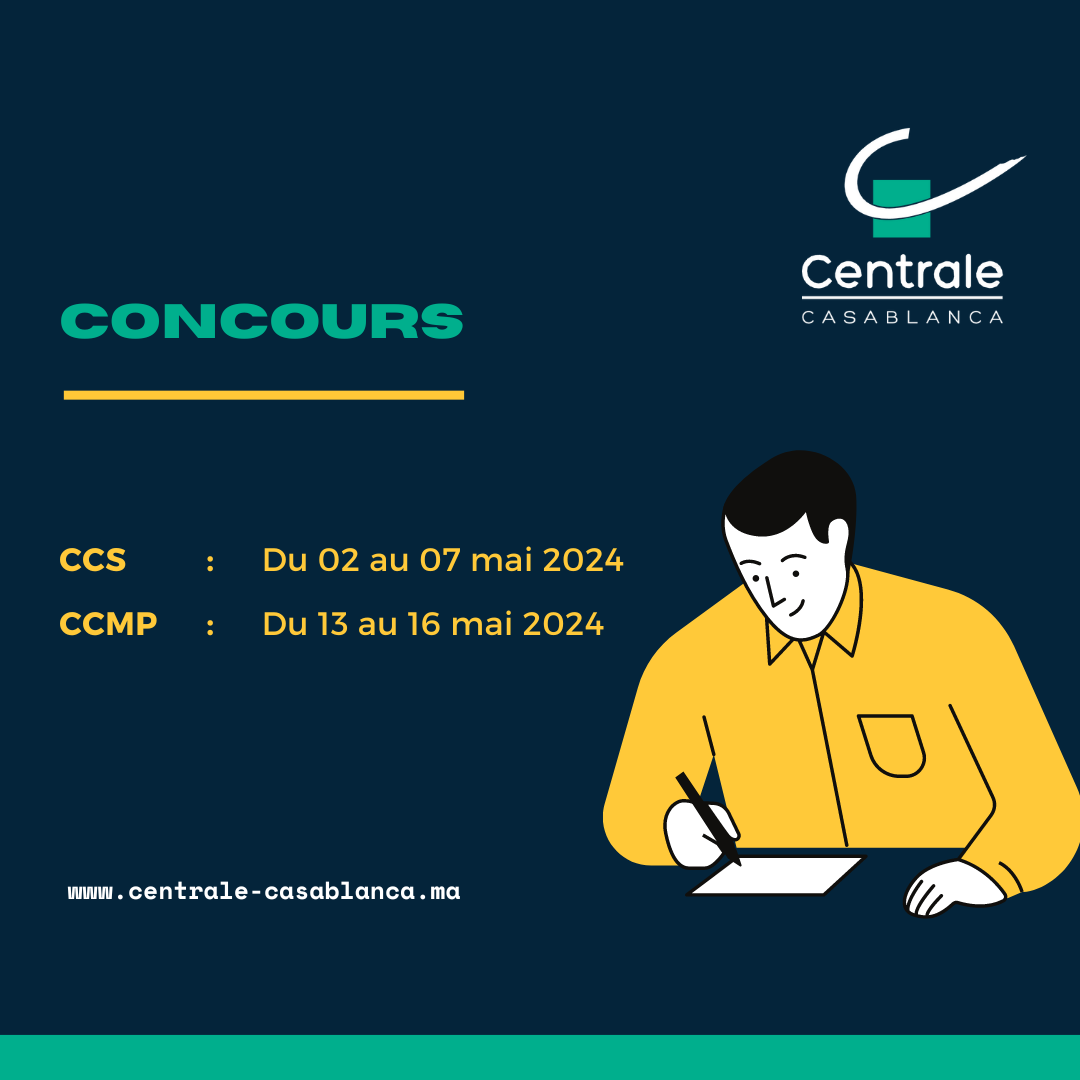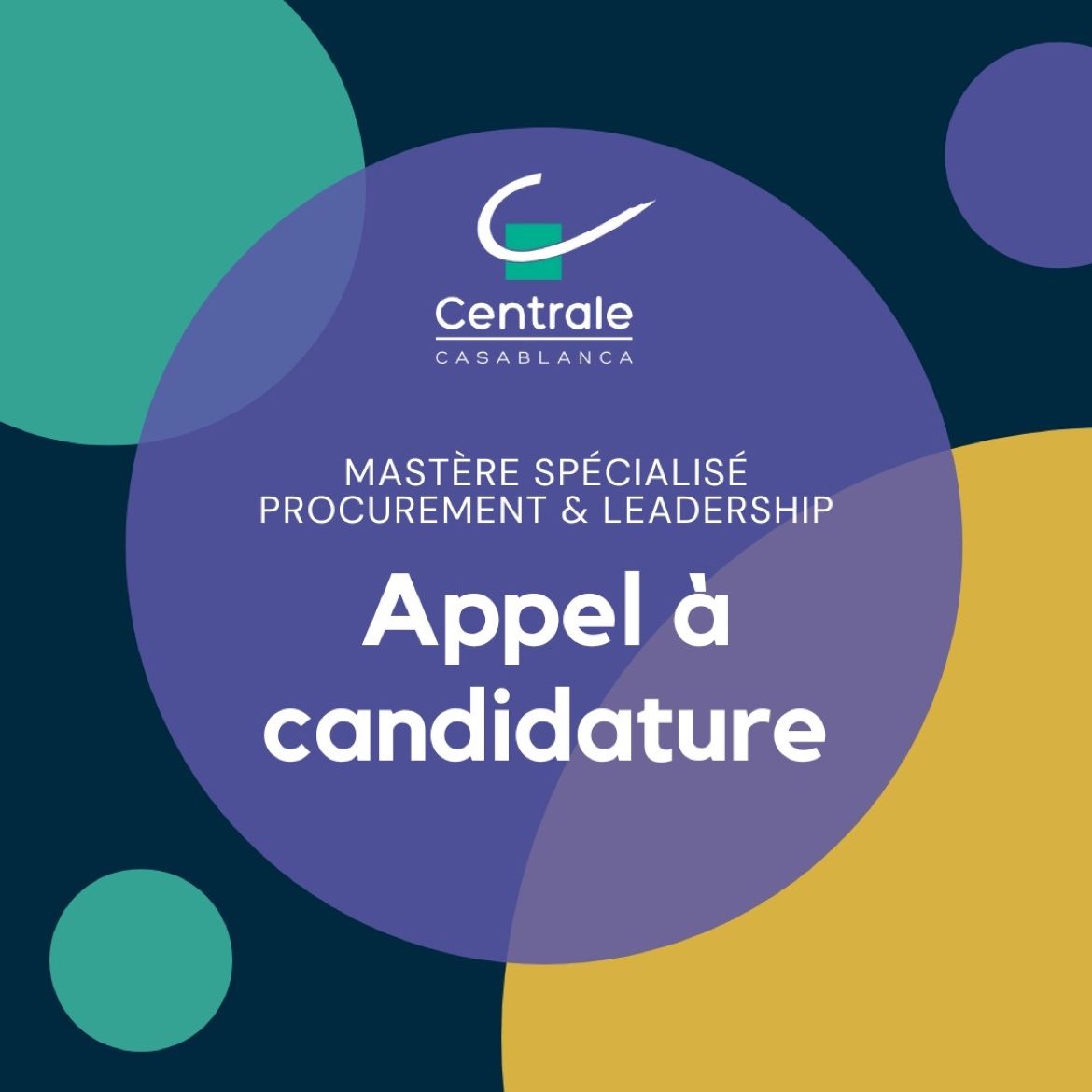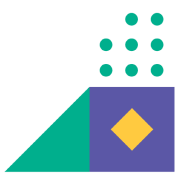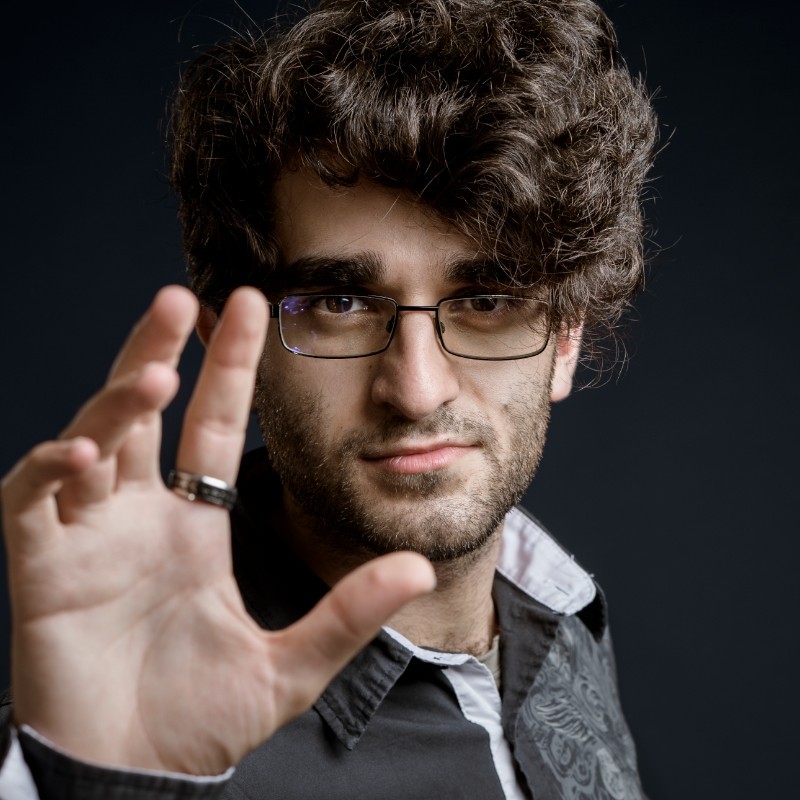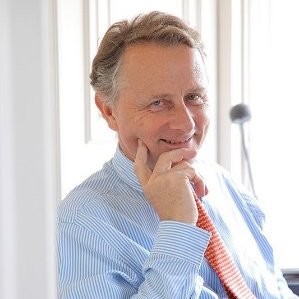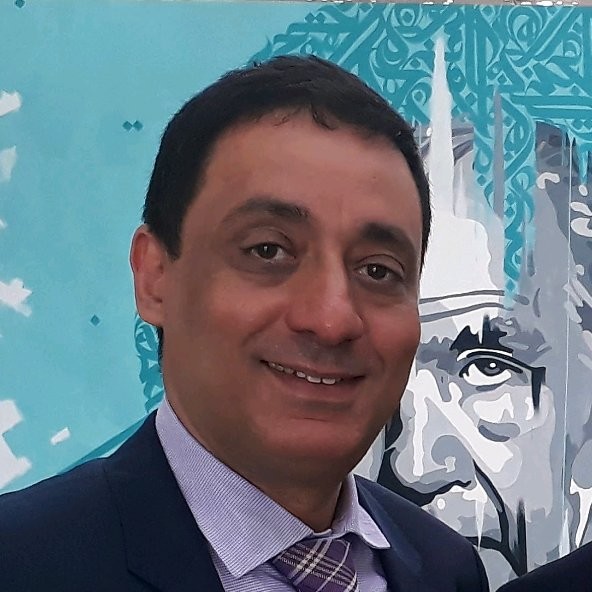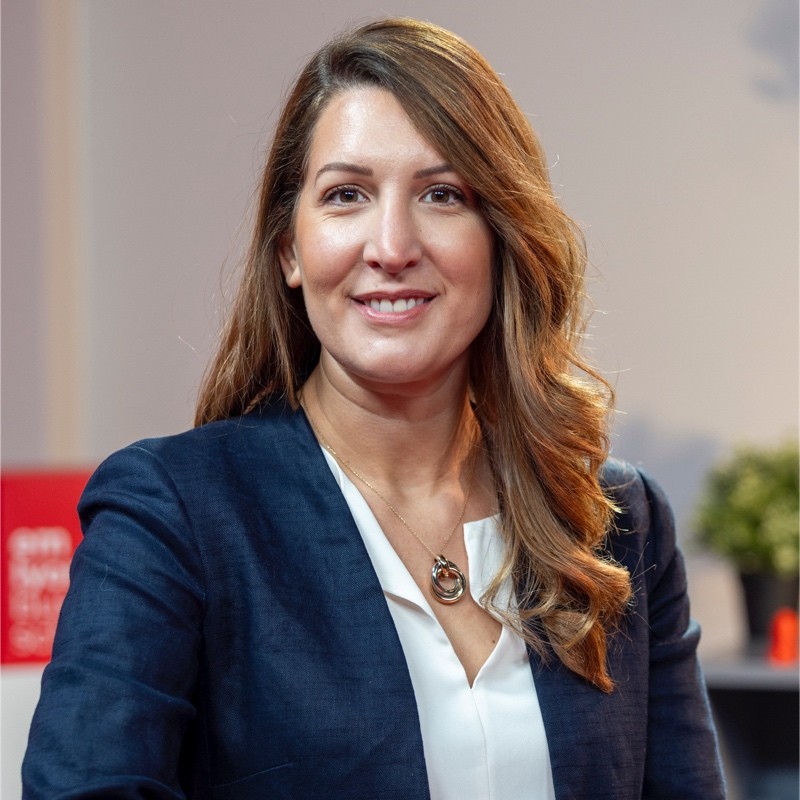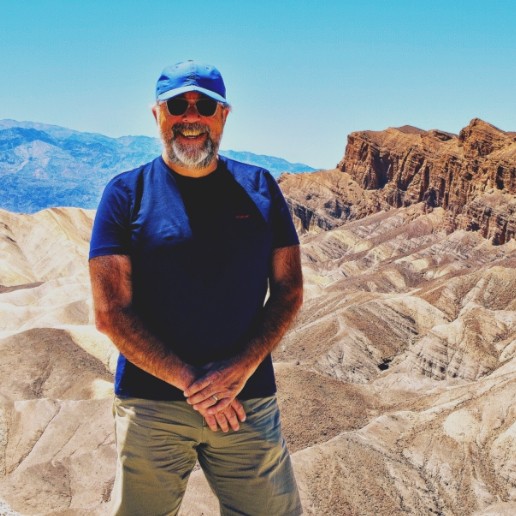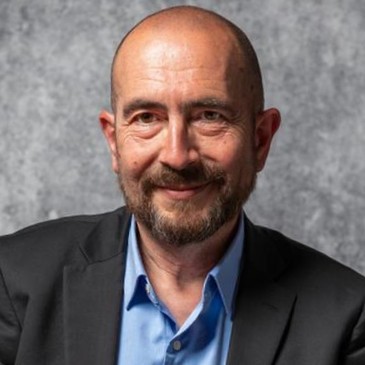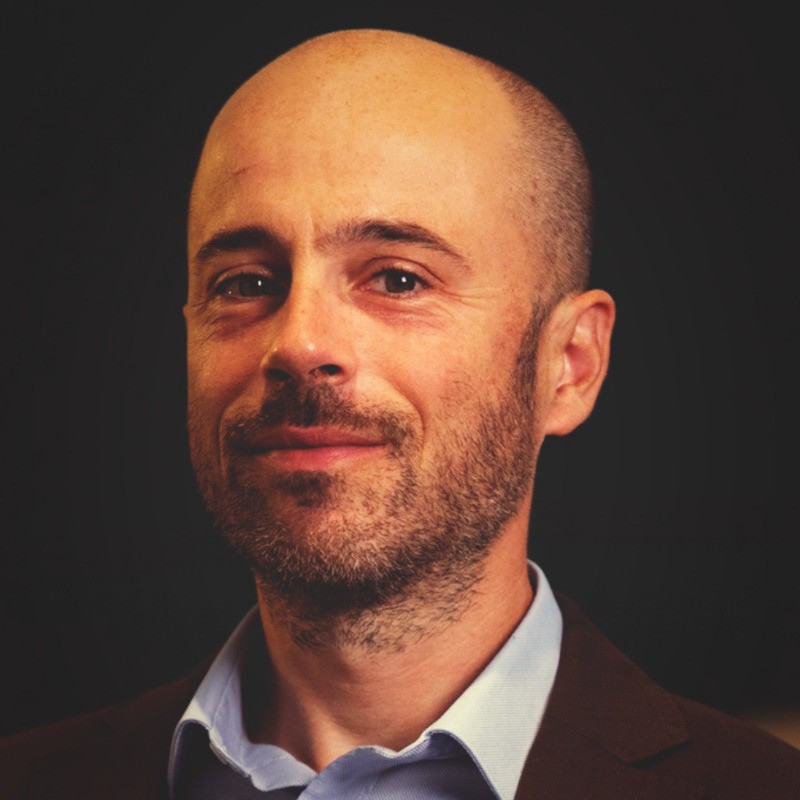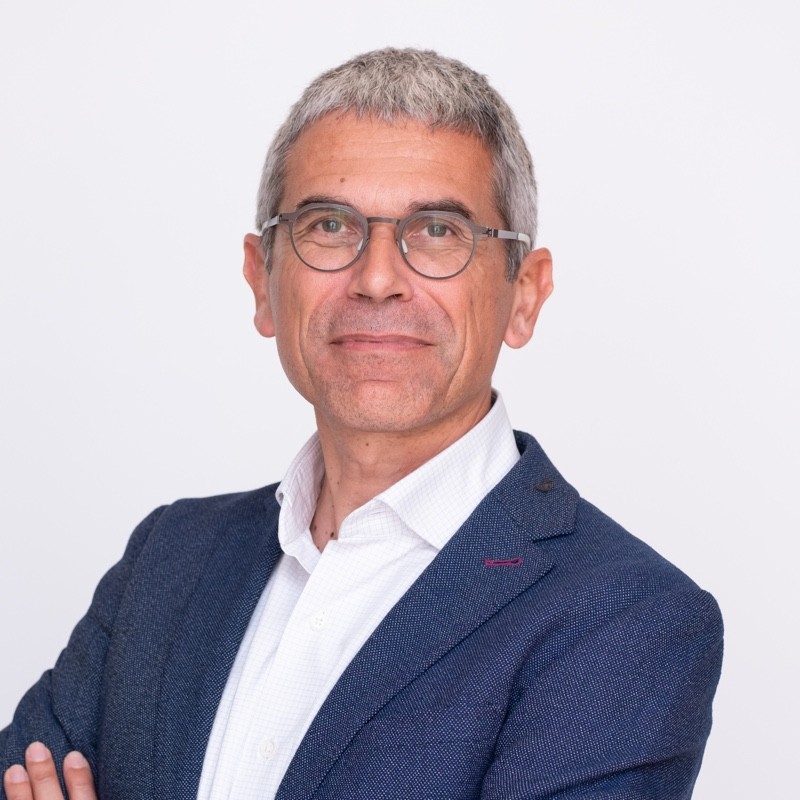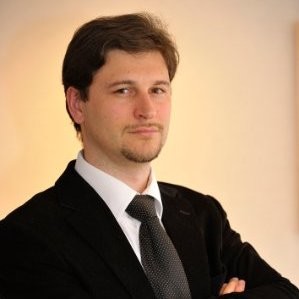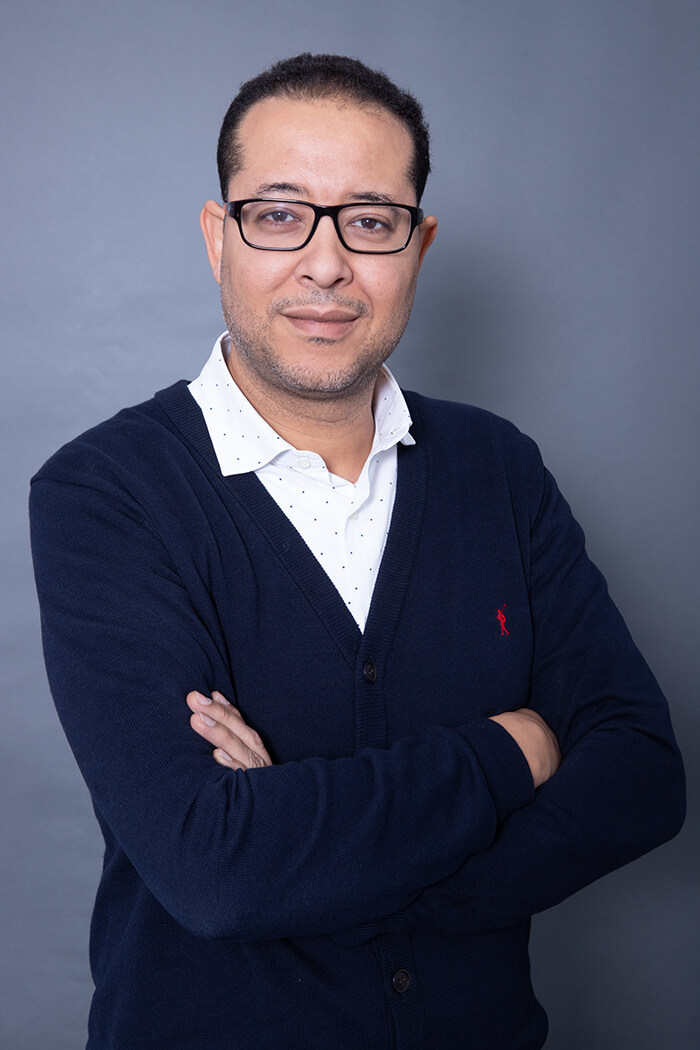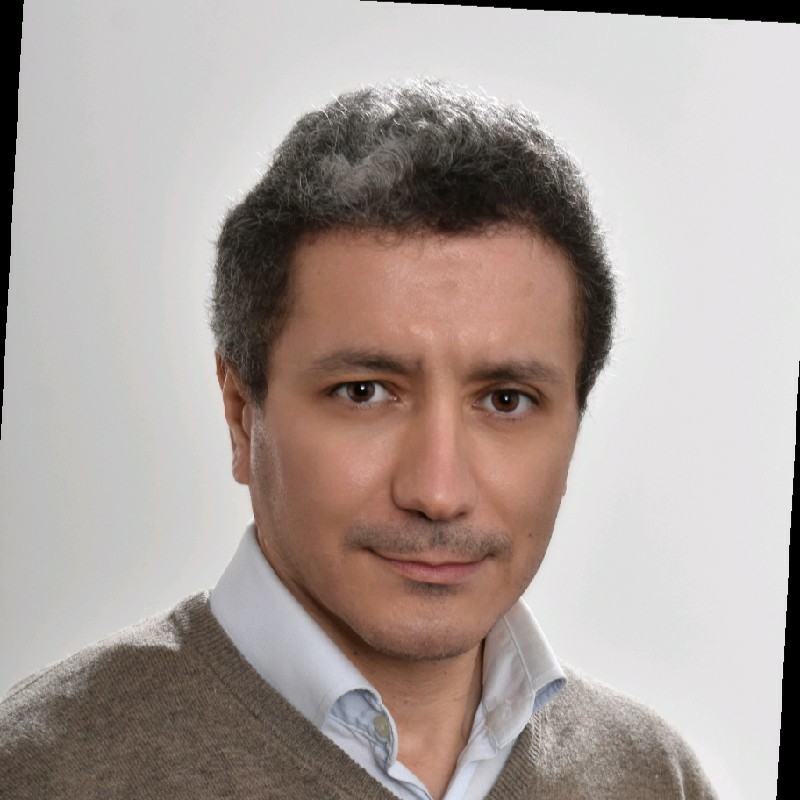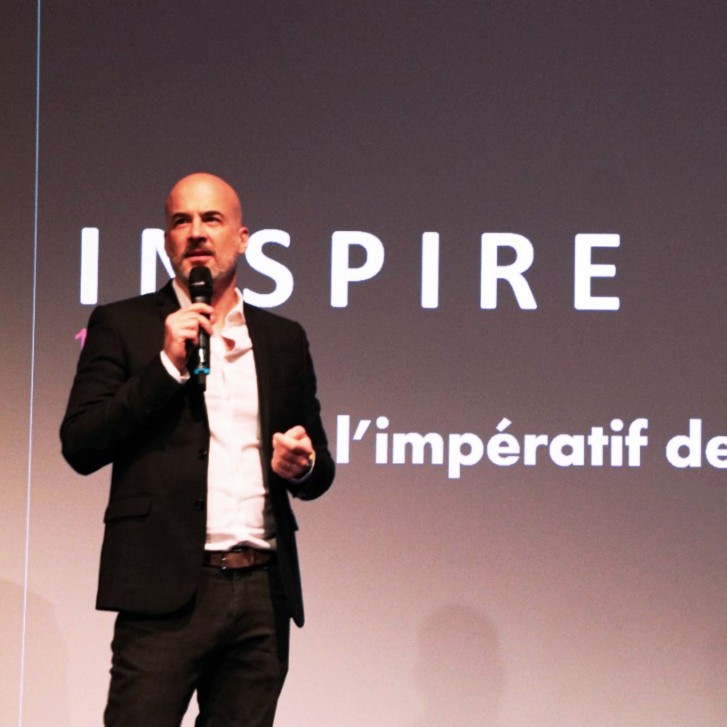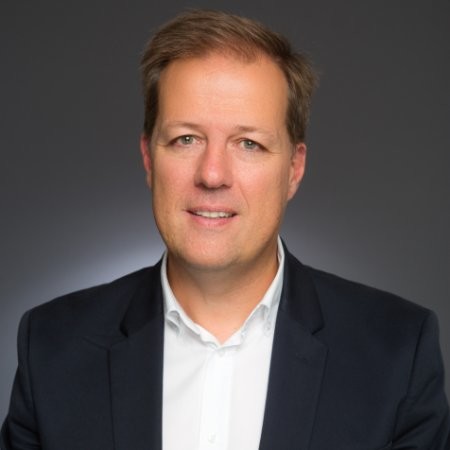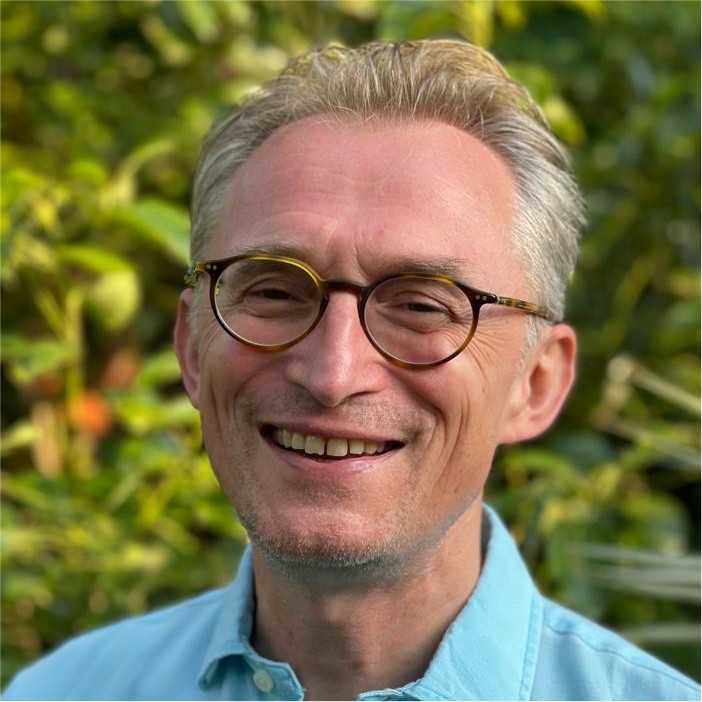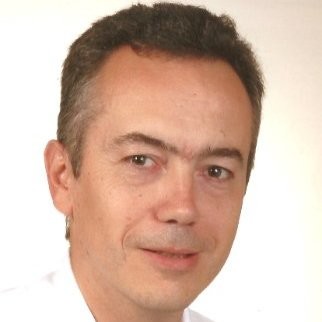DÉBLOQUER LE MONDE : DÉCOUVRIR LA DIVERSITÉ CULTURELLE ET L'APPRENTISSAGE DES LANGUES À L'ECOLE CENTRALE DE CASABLANCA
L’Ecole Centrale Casablanca offre à ses étudiants l’opportunité de s’ouvrir à une diversité de cultures et de langues étrangères. Cette ouverture s’inscrit pleinement dans le projet pédagogique de l’École Centrale Casablanca et leur permettra d’en bénéficier de manière riche et nécessaire.
L’enseignement par groupes de niveaux est systématisé, avec évaluation des étudiants à l’entrée (sur la base du Cadre européen commun de référence pour les langues), afin de constituer de petits groupes (maximum 15 étudiants) de TD homogènes , seule garantie que l’enseignement des langues sera efficace pour tous. Ces tests de niveau nous permettent également d’identifier les élèves qui rencontrent des difficultés et qui auront besoin d’accompagnement.
Parallèlement, la validation du niveau d’anglais par le TOEIC (785) et le niveau de français par le DALF C1 sont introduits comme condition sine qua non pour l’obtention du diplôme.
Les sessions ont lieu une fois par an. Les étudiants qui échouent la première fois devront repasser le test dans un organisme extérieur à leurs propres frais. S’ils ont un handicap, des séances spéciales peuvent être organisées.
Le TOEIC et le DALF C1 sont organisés sur le campus ECC à la fin du troisième semestre du programme (Semestre 7) :
- Le TOEIC est organisé par AMIDEAST, qui est le représentant exclusif de l’Educational Testing Service (ETS) au Maroc (https://www.amideast.org/morocco ).
- Le DALF C1 est organisé par l’Institut Français de Casablanca https://if-maroc.org/casablanca/.
Les examinateurs du TOEIC et du DALF C1 sont distincts des enseignants qui assurent la formation des étudiants.
L’étude de la communication en anglais et en français est obligatoire pendant les trois années de formation à l’école. L’espagnol et l’arabe sont également disponibles en fonction des besoins des étudiants entrants.
Le processus d’auto-apprentissage se fait par le biais de plateformes en ligne et par un travail indépendant sous forme de devoirs/projets pour compléter les cours.
Les langues vivantes sont plus que jamais perçues comme essentielles à la formation des ingénieurs dans une économie mondialisée et dans un contexte de diversité culturelle.
https://www.coe.int/en/web/common-european- framework-reference-languages/home



